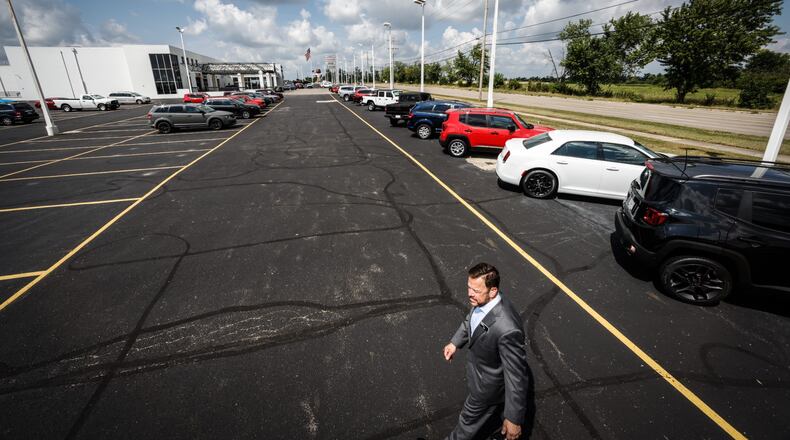The updated forecast represents a sharp downgrade from earlier expectations and comes as automakers continue to struggle with the semiconductor shortage still causing production halts in various plants in North America, Europe and Asia. COVID-19 outbreaks and lockdowns in Asian countries where most semiconductors are made have prolonged the issue.
The latest victims in the chip shortage are Stellantis NV plants producing heavy-duty Ram pickup trucks, the Jeep Grand Cherokee and Dodge vehicles, which will idle next week.
Demand for consumer electronics has worsened the scarcity of the microchips used in vehicle electronics, halting production at auto factories worldwide and boosting vehicle prices. Automakers have sought to protect their most profitable vehicles, but they say they have little insight into the chip production deep in the supply chain.
AlixPartners previously expected to see production impacts minimizing into the third quarter, but now the firm doesn’t expect to see that until maybe the second quarter of 2022.
Dan Hearsch, a managing director in AlixPartners’ automotive and industrial practice, explained that issues thought to be resolved weren’t. And others “we didn’t think would go badly, have gone quite badly,” he said, noting labor availability and other small-supplier disruptions on top of COVID-19 spikes and logistics struggles.
“There’s no cushion,” he said. “There’s nothing to absorb the impacts anymore, so every little thing, a week of downtime is now creating a month of downtime someplace else.”
General Motors Co. President Mark Reuss said this week at the Detroit Regional Chamber’s Mackinac Policy Conference that the chip supply is coming from places where COVID-19 vaccination is low, “so there’s some volatility there ... we really need to get the vaccination and protocol into those plants, which we’re working very hard on.”
“We are going to see a stabilization to some extent before we see getting the volume we really need,” he said. Even before the chip shortage, GM had lower inventories because of the pandemic shutting down production for eight weeks in 2020.
“Are we going to be at stable inventories where we have what we want ... across the industry in our dealerships?” he said at the event on Tuesday. “The answer is no because there’s two holes: there’s the chip hole, there’s the pandemic hole, when you look at that ... across all the industry, it’s pretty tough.”
About the Author
